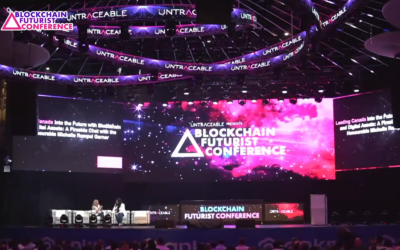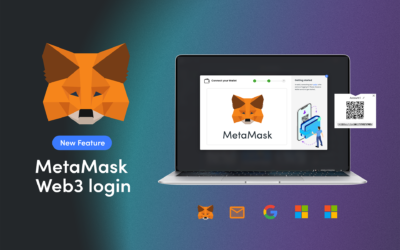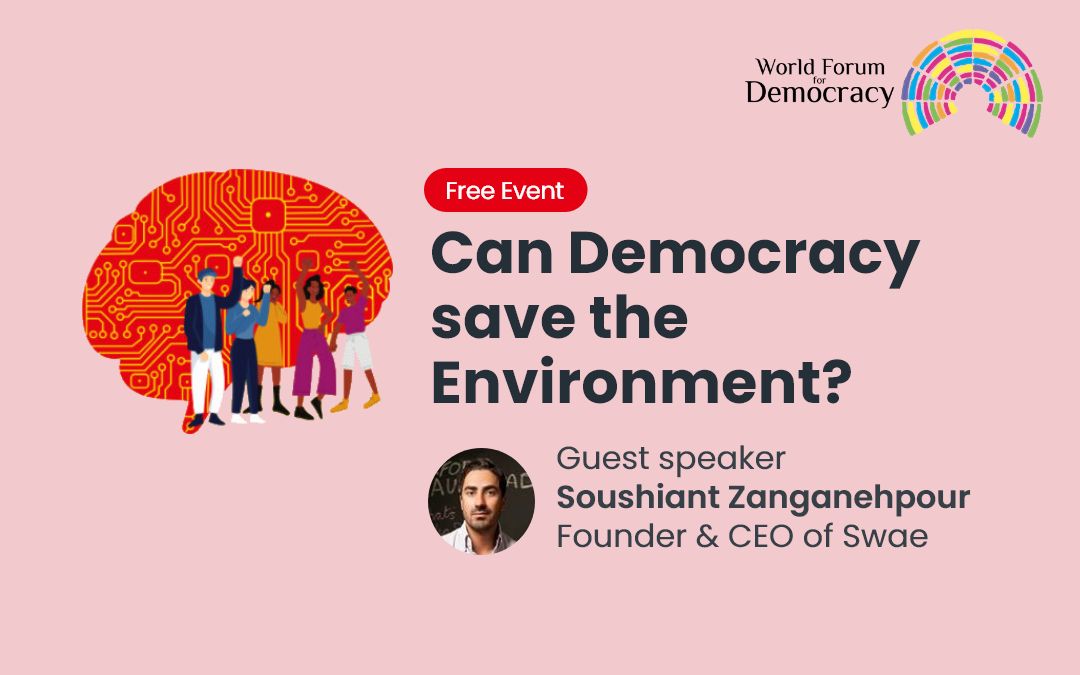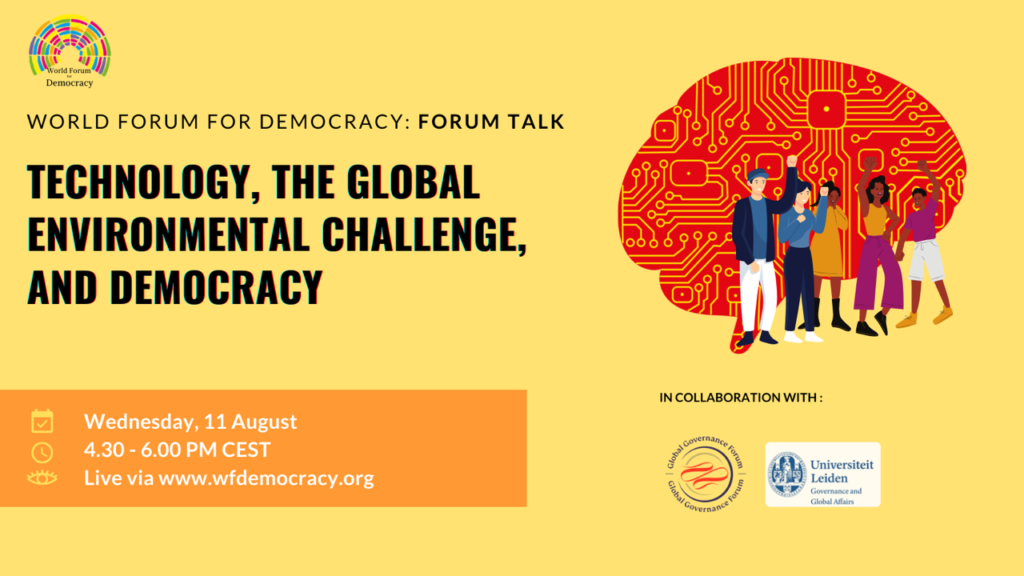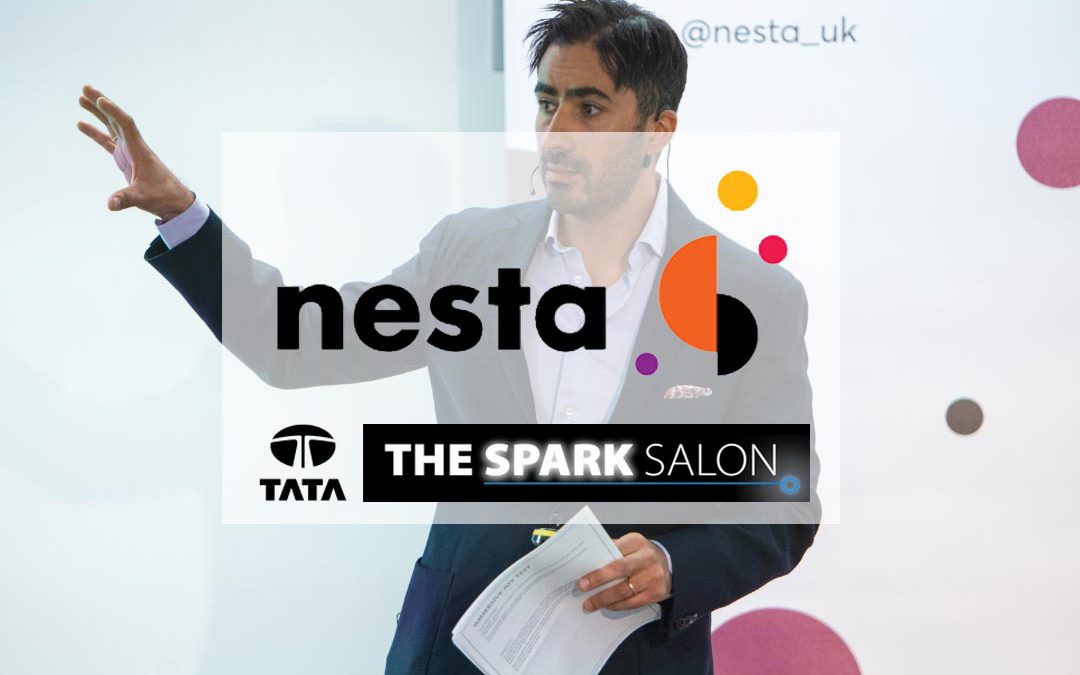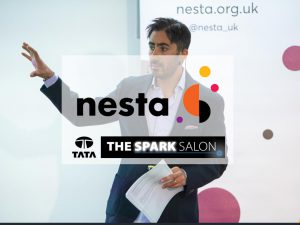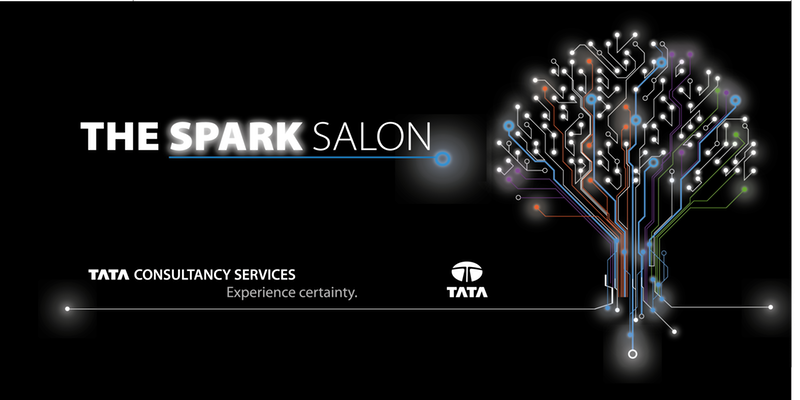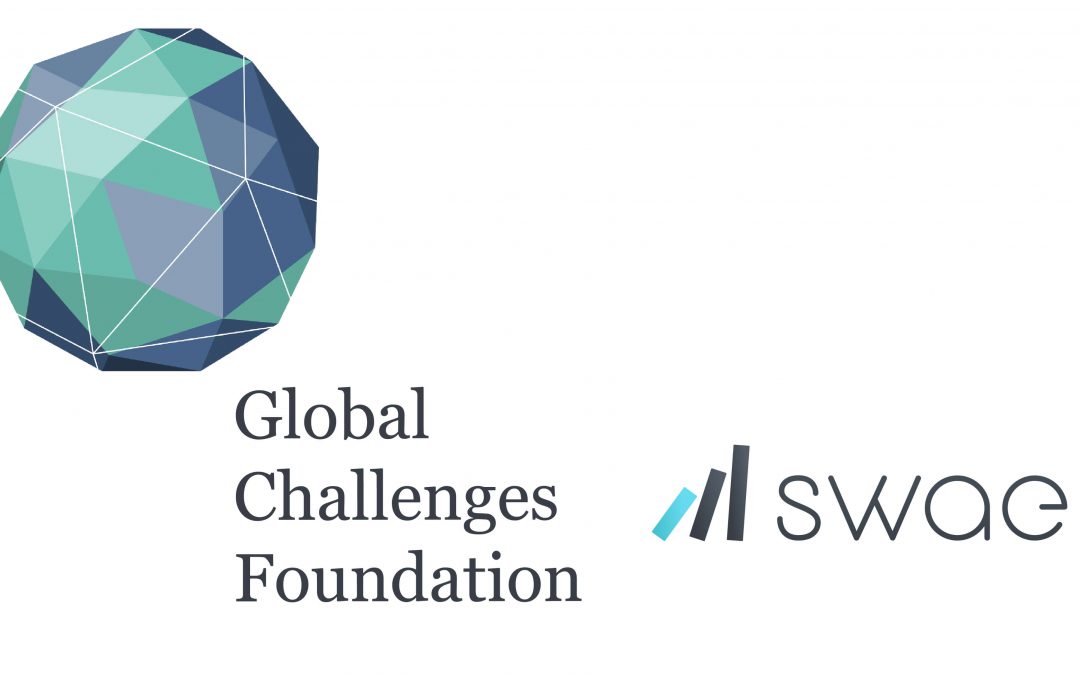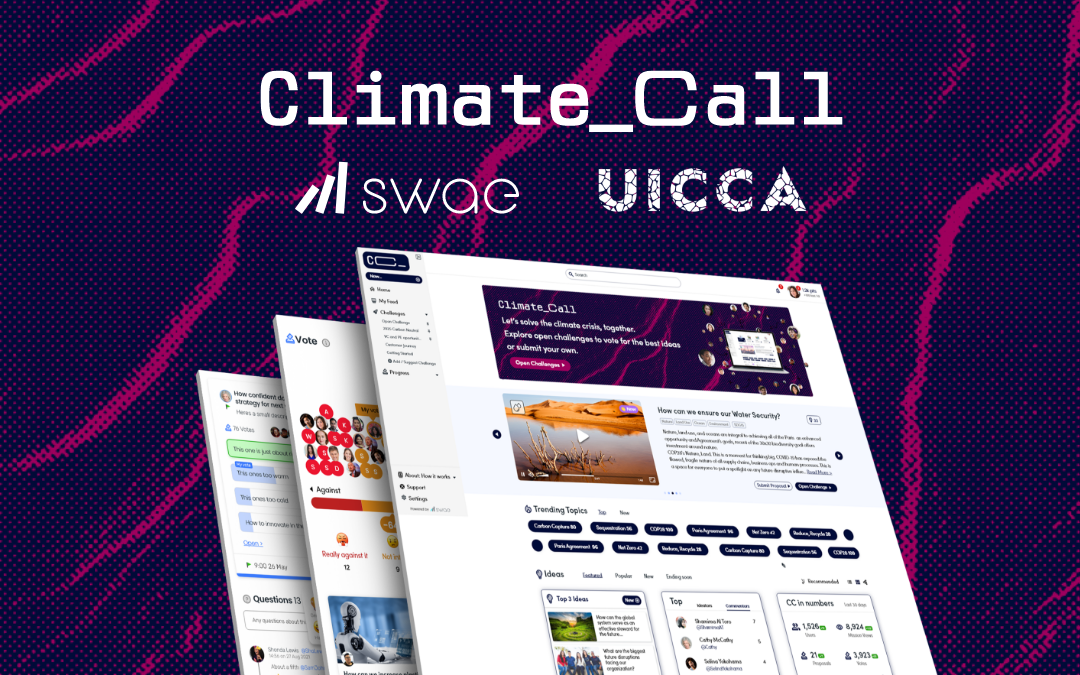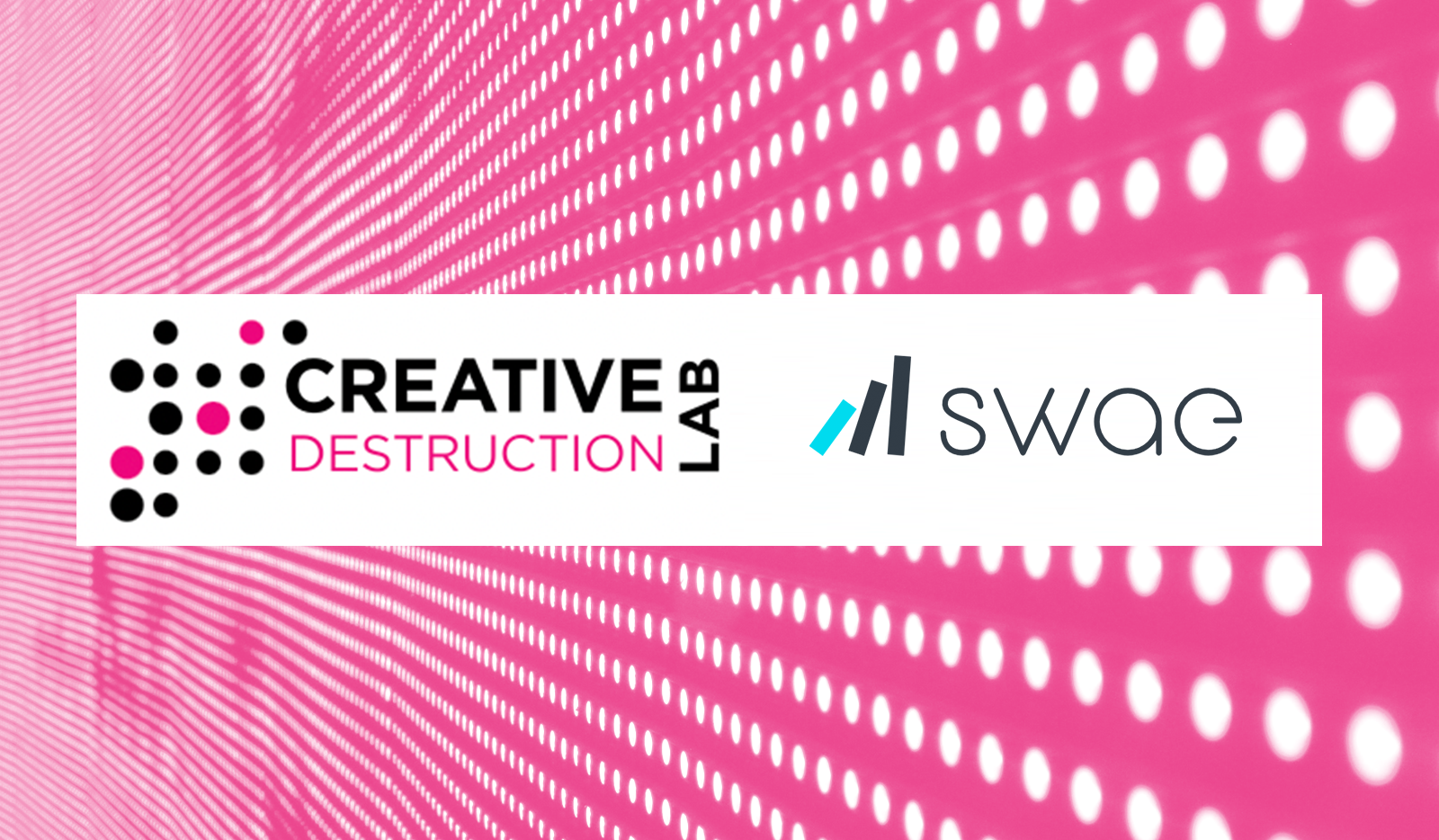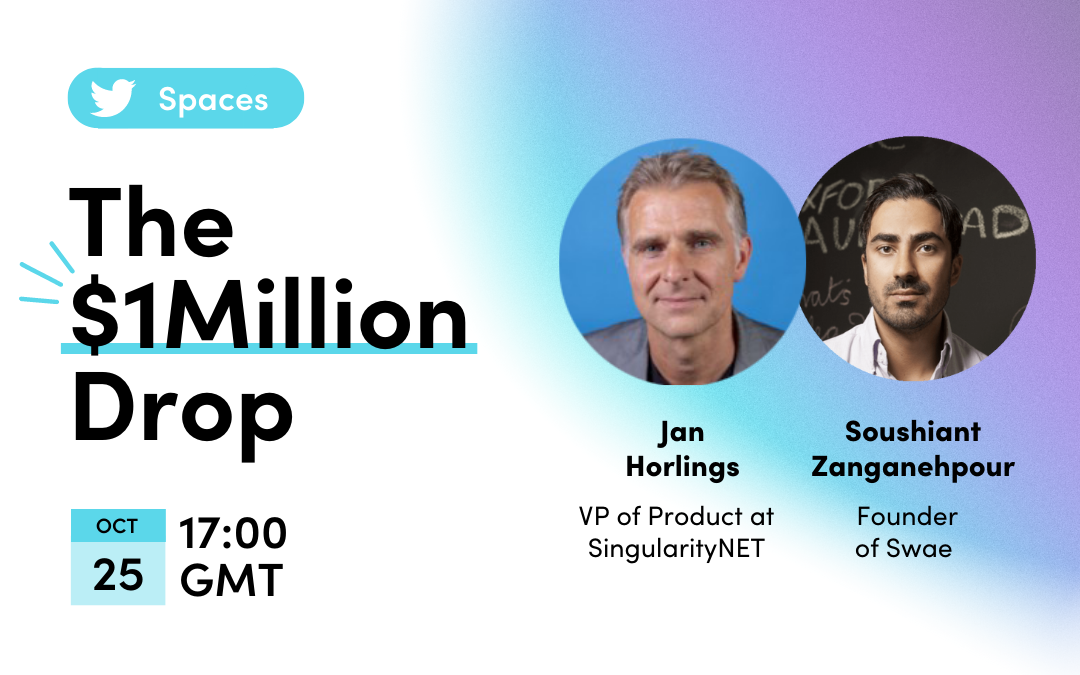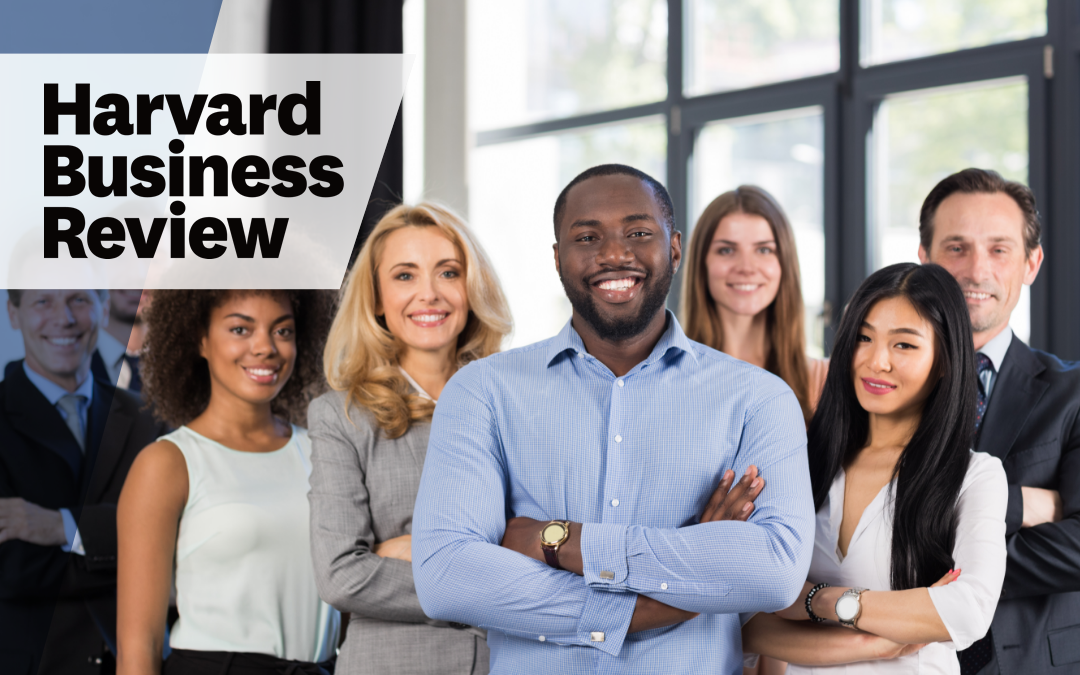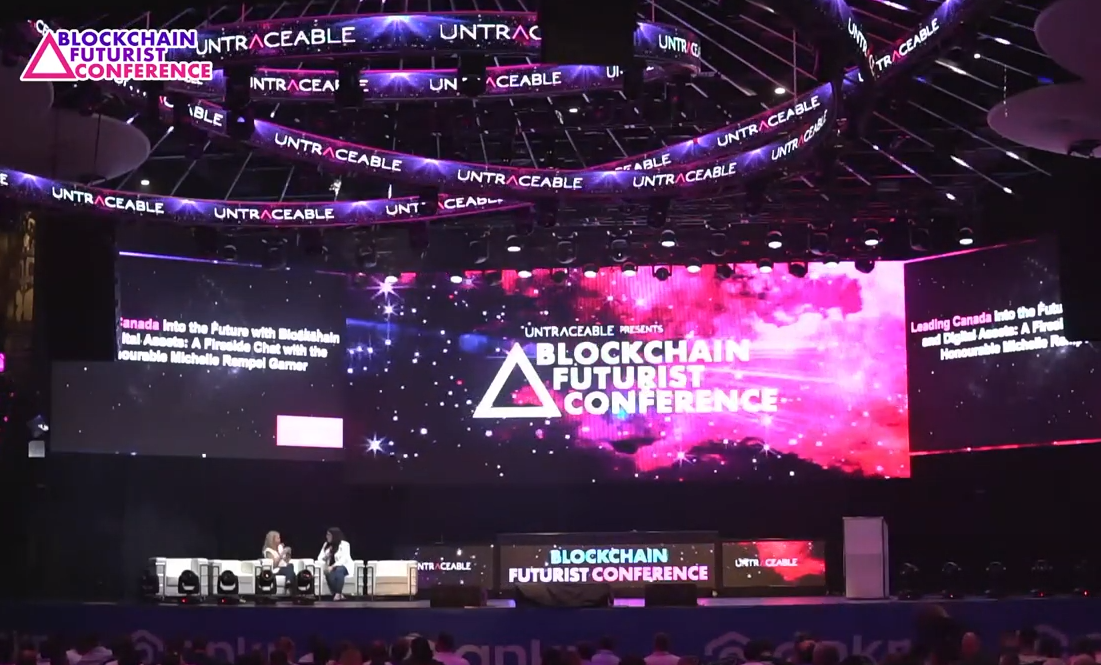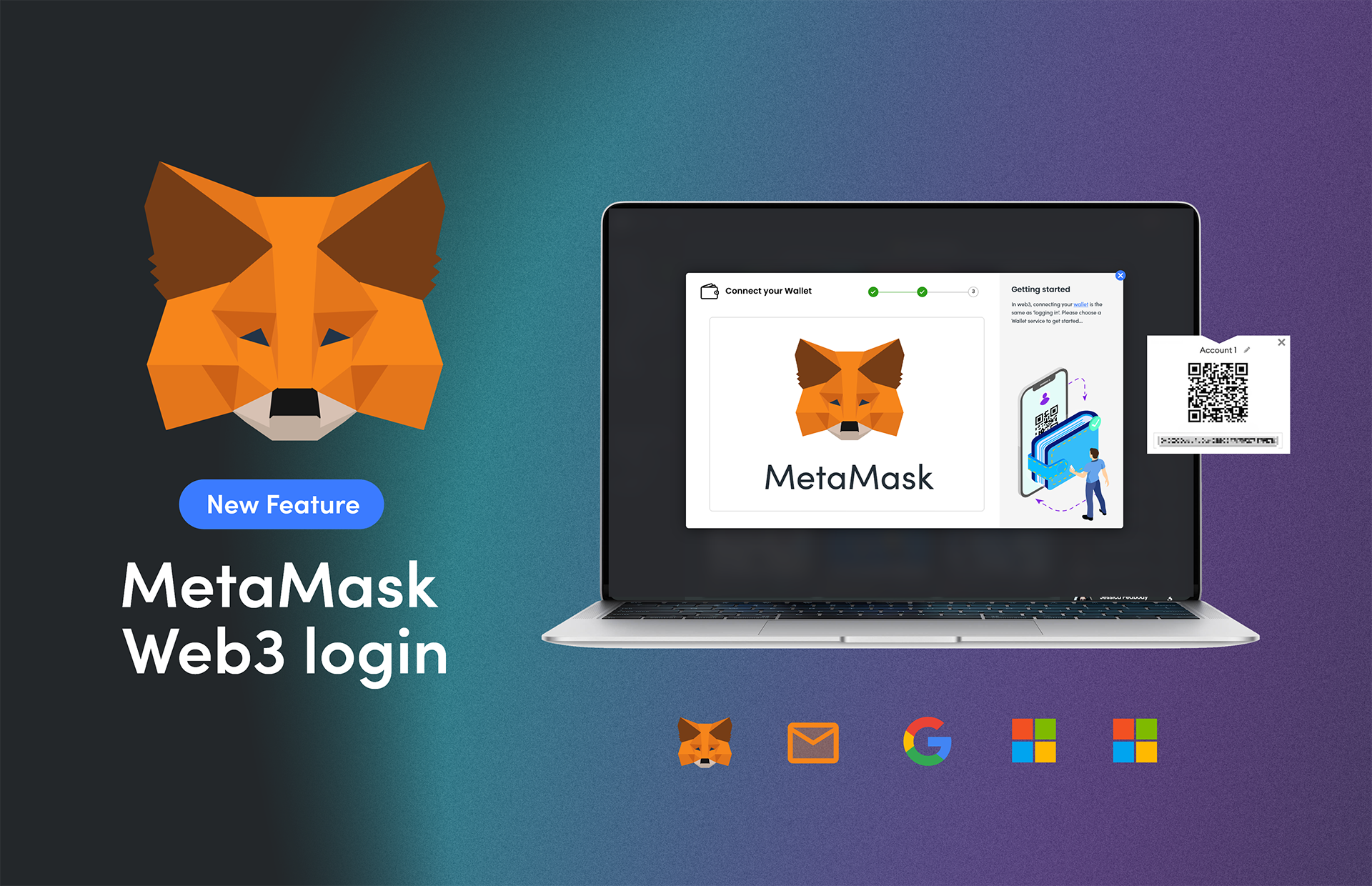How to be seen as a Brilliant and Bold Leader [Become a great Communicator] 1 June 2022 4 min ReadThis is a recap of Harvard Business Review @HarvardBiz ’s Good Leadership is About Communicating Why, by Nancy Duarte @nancyduarte. Becoming a bold leader means that...
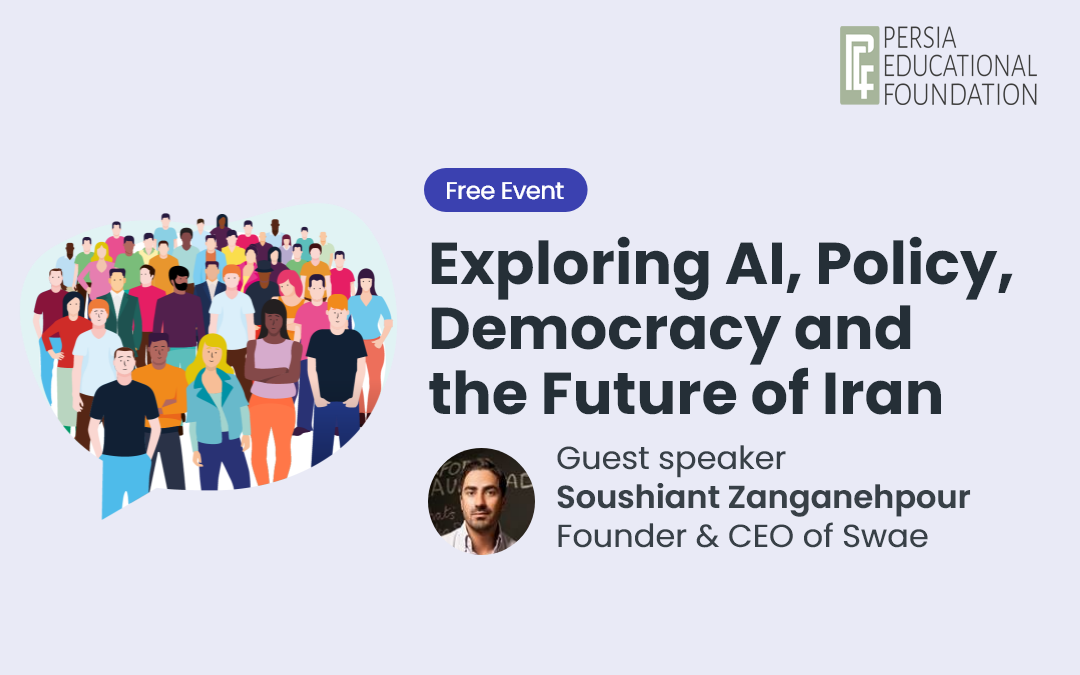
Swae CEO Speaker for the Persia Educational Foundation’s Webinar Iran 2.0: Exploring AI, Policy and Democracy
Iran 2.0: Exploring AI, Policy and Democracy
Bringing together the worlds of historical insight into Iran and its role in the global community, geoeconomics in the MENA region, as well as artificial intelligence in emergent democratic processes, our panelists will explore how and when we may be able to empower today and tomorrow’s generations to universalise participation, transparency and decision making that impact our lives in a constructive manner.
YOU’RE INVITED TO THIS FREE EVENT!
Soushiant Zanganehpour, Founder & CEO of Swae, has been invited to speak, and we welcome all to join as it will be streamed online
Persia Education Foundation webinar on Wednesday, 18 August, 5PM BST (London, UK), please click the link below to watch the discussion:
Guest Panelists
Ali Ansari
Twitter: @aa51_ansari Wikipedia
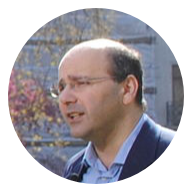 Ali Massoud Ansari the Professor in Modern History with reference to the Middle East at the University of St Andrews in Scotland. He is also the founding director of the Institute for Iranian Studies. Hi research explores the history and politics of Modern Iran, including the relationship between Iranian ideologues and Western ideas of development, especially the way in which Iranian intellectuals appropriated, adapted and engaged with narratives of the Enlightenment; the concept of ‘rights’; constitutionalism; and the establishment of the rule of law. His work examines historical consciousness, and the various narratives and mythologies that have shaped contemporary Iranian identity.He is currently the FCO Fellow looking at politics of Brirish-Iranian relations in historical context.
Ali Massoud Ansari the Professor in Modern History with reference to the Middle East at the University of St Andrews in Scotland. He is also the founding director of the Institute for Iranian Studies. Hi research explores the history and politics of Modern Iran, including the relationship between Iranian ideologues and Western ideas of development, especially the way in which Iranian intellectuals appropriated, adapted and engaged with narratives of the Enlightenment; the concept of ‘rights’; constitutionalism; and the establishment of the rule of law. His work examines historical consciousness, and the various narratives and mythologies that have shaped contemporary Iranian identity.He is currently the FCO Fellow looking at politics of Brirish-Iranian relations in historical context.
Afshin Molavi
Twitter: @AfshinMolavi Wikipedia
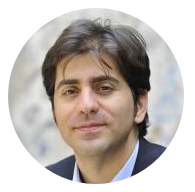 An Iranian-American author, a co-director of the emerge85 Lab, a senior research fellow at the New America Foundation and Johns Hopkins University Paul H. Nitze School of Advanced International Studies, and a senior advisor at Oxford Analytica, Molavi is a widely published thinker focussing on global geo-political risk and geo-economics in the Middle East and Asia.
An Iranian-American author, a co-director of the emerge85 Lab, a senior research fellow at the New America Foundation and Johns Hopkins University Paul H. Nitze School of Advanced International Studies, and a senior advisor at Oxford Analytica, Molavi is a widely published thinker focussing on global geo-political risk and geo-economics in the Middle East and Asia.
Soushiant Zanganehpour
Twitter: @Soushiant
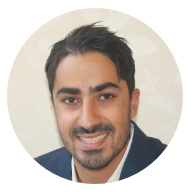 A winner of the Global Challenge Price 2017, Zanganehpour’s AI start up, Swae.io, defines a new model for global governance through bottom-up and inclusive decision-making to advance democratic processes that enable the grassroots to voice their concerns and redirect the rise of abuse of power and elitism towards accessing the greater good. An outstanding advocate of informed, meritocratic processes, Zanganehpour promotes better leadership among governments, corporations and communities.
A winner of the Global Challenge Price 2017, Zanganehpour’s AI start up, Swae.io, defines a new model for global governance through bottom-up and inclusive decision-making to advance democratic processes that enable the grassroots to voice their concerns and redirect the rise of abuse of power and elitism towards accessing the greater good. An outstanding advocate of informed, meritocratic processes, Zanganehpour promotes better leadership among governments, corporations and communities.
More about the Persia Educational Foundation
Established in 1997, Persia Educational Foundation is a non-governmental UK-registered charity. Its mission is to promote education and advancement of Persian-speaking communities worldwide. It provides knowledge and means to our partners and co-workers in order to encourage open and connected education leading to self-sufficiency and independence.
Persia’s primary target among this population are women and girls. Persia advances that:
- Only through education individuals and communities can reach their actual and true potential while protecting their rich heritage.
- Women, as mothers and first educators of the next generation, offer greater potential to impact the community.
- Promoting and accessing education and training is a universal right and key to achieving Agenda 2030.
- Education and advancement of women and girls is the key to establishing a culture of peace and prosperity.
More to explore...
How to be seen as a Brilliant and Bold Leader [Become a great Communicator]
The future of Digital Democracy – Swae plugged at Blockchain Futurist ’22
Swae, the future of Digital Democracy - Blockchain Futurist Conference [Michelle Rempel, Canadian MP and Tanya Woods, Web3 Expert plug Swae in the main Arena]15 August 2022 2.40 min Video, 1 min ReadMichelle Rempel @MichelleRempel Canadian Member of Parliament and...
New Feature: MetaMask web3 login on Swae
2 min read, 10 August 2022A core feature for DAOs, web3 login is now enabled on Swae, via MetaMaskWith a simple flick of a switch in their Swae Settings, a DAO can now allow (and require) it's members to login using their MetaMask web3 login. This is added to the...
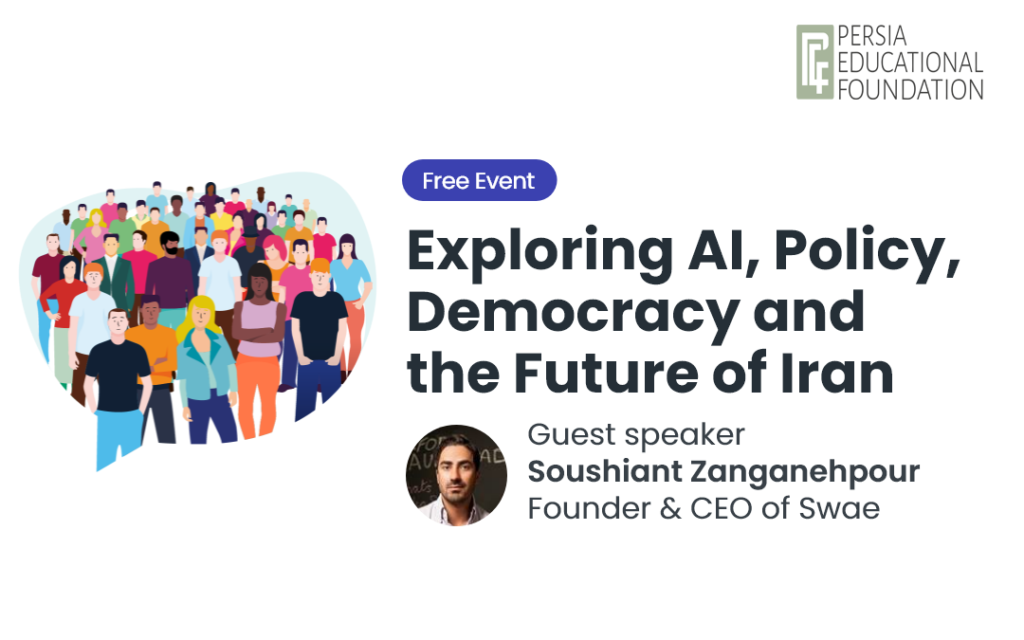

![How to be seen as a Brilliant and Bold Leader [Become a great Communicator]](https://swae.io/wp-content/uploads/Resources_Swae_Harvard_Business_review_How-to-Be-Seen-as-a-Brilliant-and-Bold-Leader-Become-a-Great-Communicator-400x250.png)
